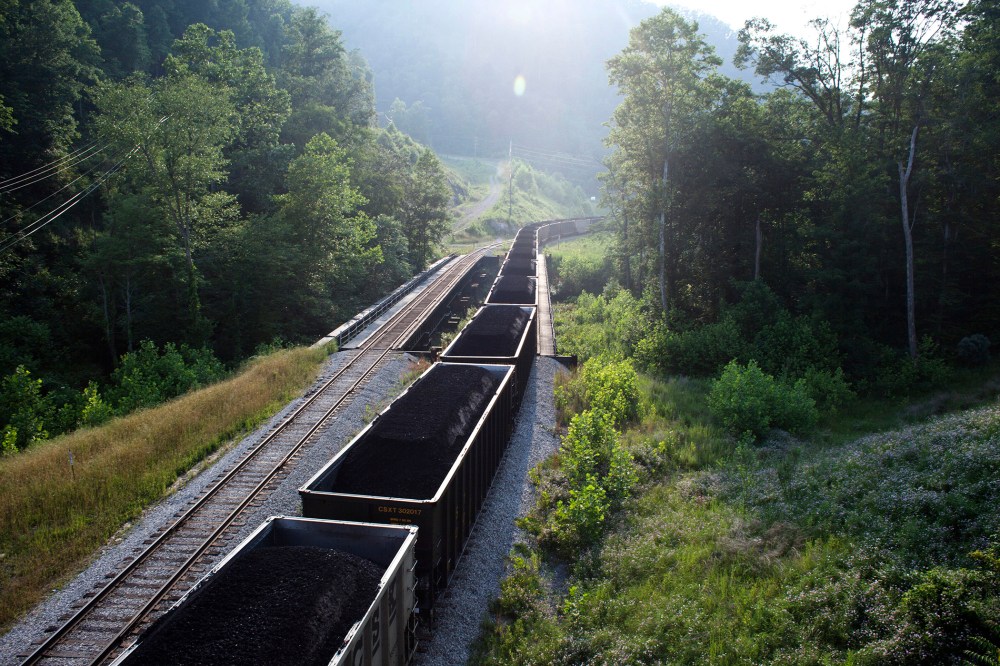When a series of head-shaking scandals and investigations forced Scott Pruitt to resign as the EPA administrator last summer, those concerned with the environment breathed a sigh of relief. As regular readers may recall, that exhale ended the moment they saw who’d take Pruitt’s place.
Donald Trump announced at the time that the Environmental Protection Agency would be led, at least temporarily, by Andrew Wheeler – a former lobbyist for, among others, Murray Energy, one of the nation’s largest coal companies. Wheeler also served as chief counsel for Sen. James Inhofe (R-Okla.), one of the nation’s preeminent climate deniers.
The New Republic‘s Emily Atkin explained a while back, “Wheeler is not just the figurative embodiment of the swamp, but the literal embodiment of it. The coal industry is responsible for 72 percent of toxic water contamination in the United States, making it the nation’s largest water polluter. That’s according to the agency where Wheeler is about to be second in command — the agency that is charged with protecting clean water.”
As of this afternoon, he’ll now lead the entire agency.
The Senate confirmed Andrew Wheeler as EPA’s fifteenth administrator Thursday, cementing the authority of one of President Donald Trump’s most effective and prolific de-regulators.
He was confirmed by a vote of 52-47. Sen. Susan Collins (R-Me.) was the only Republican to vote against him; no Democrats voted for him. Sen. Kyrsten Sinema (D-Ariz.) did not vote.
The only Republican who balked at Wheeler’s nomination was Sen. Susan Collins (R-Maine).
Some may be tempted to assume that Wheeler’s leadership of the EPA won’t be much worse than Pruitt’s. I continue to think that assumption is misplaced.
Pruitt wasn’t just accused of widespread corruption; he was also hopelessly incompetent. In many respects, environmentalists got lucky in this regard. I’m reminded of this New York Times report from April:
[L]egal experts and White House officials say that in Mr. Pruitt’s haste to undo government rules and in his eagerness to hold high-profile political events promoting his agenda, he has often been less than rigorous in following important procedures, leading to poorly crafted legal efforts that risk being struck down in court.












